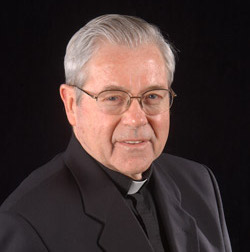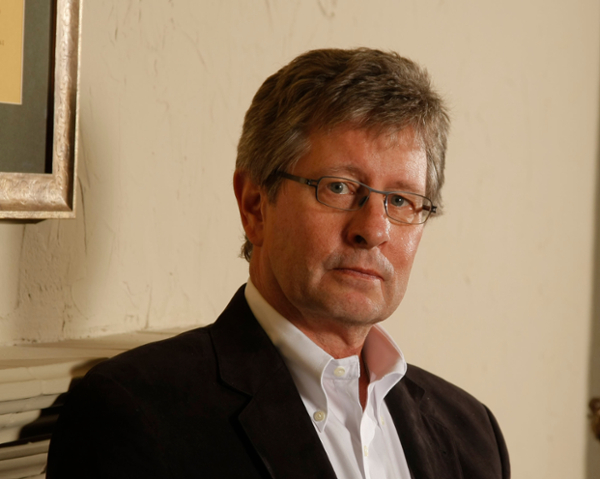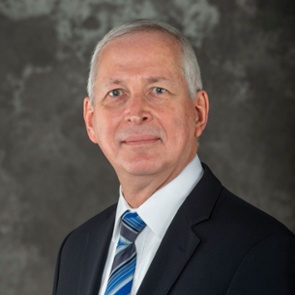Former Directors
The seed that eventually blossomed into the Center as it exists today was planted by Fr. Edward B. Brueggeman, SJ, who was an early pioneer in interfaith dialogue. For more than 20 years, he hosted a show on WKRC (local TV) called "Dialogue," which was one of the first television shows featuring interfaith dialogue in the United States. After his death in 1995, the University engaged in discernment about how to honor his memory and to build upon his legacy.

2000-2002
With the appointment of Fr. Joseph Bracken, SJ as director, steps were taken to launch a center that would host interreligious seminars and international symposia as well as establish an ecumenical and interreligious chair. The inaugural event, the Millennium Peace Celebration (September 24, 2000), brought together representatives of Baha’i, Buddhism, Christianity, Hinduism, Indigenous, Islam, Jainism, and Judaism. Under Fr. Bracken’s directorship the first ecumenical chair was appointed and interreligious symposia began to be held.
2003-2021
It was the visionary leadership of Dr. James P. Buchanan (Executive Director from 2003 to 2021, and Director Emeritus from 2021 to present) that transformed the initial idea for a center into a physical reality. Dr. Buchanan also dramatically expanded the programmatic work of the Center beyond interfaith dialogue and collaboration. Over his almost twenty-year tenure, Dr. Buchanan established dynamic local, national, and global partnerships to address issues of environmental sustainability, refugee and asylee empowerment, economic and political equity. He also created one of the most distinctive programs of the Center, the Winter-Cohen Family Brueggeman Fellows Program.
2021-2023
With the retirement of Dr. Buchanan at the beginning of 2021, the Center began to move into the next phase of its development under the leadership of Faculty Director William Madges. In continuity with the past vision of the Center, Dr. Madges described the mission of the Center within the context of the Four Universal Apostolic Preferences of the Jesuits (Society of Jesus), who established the University.